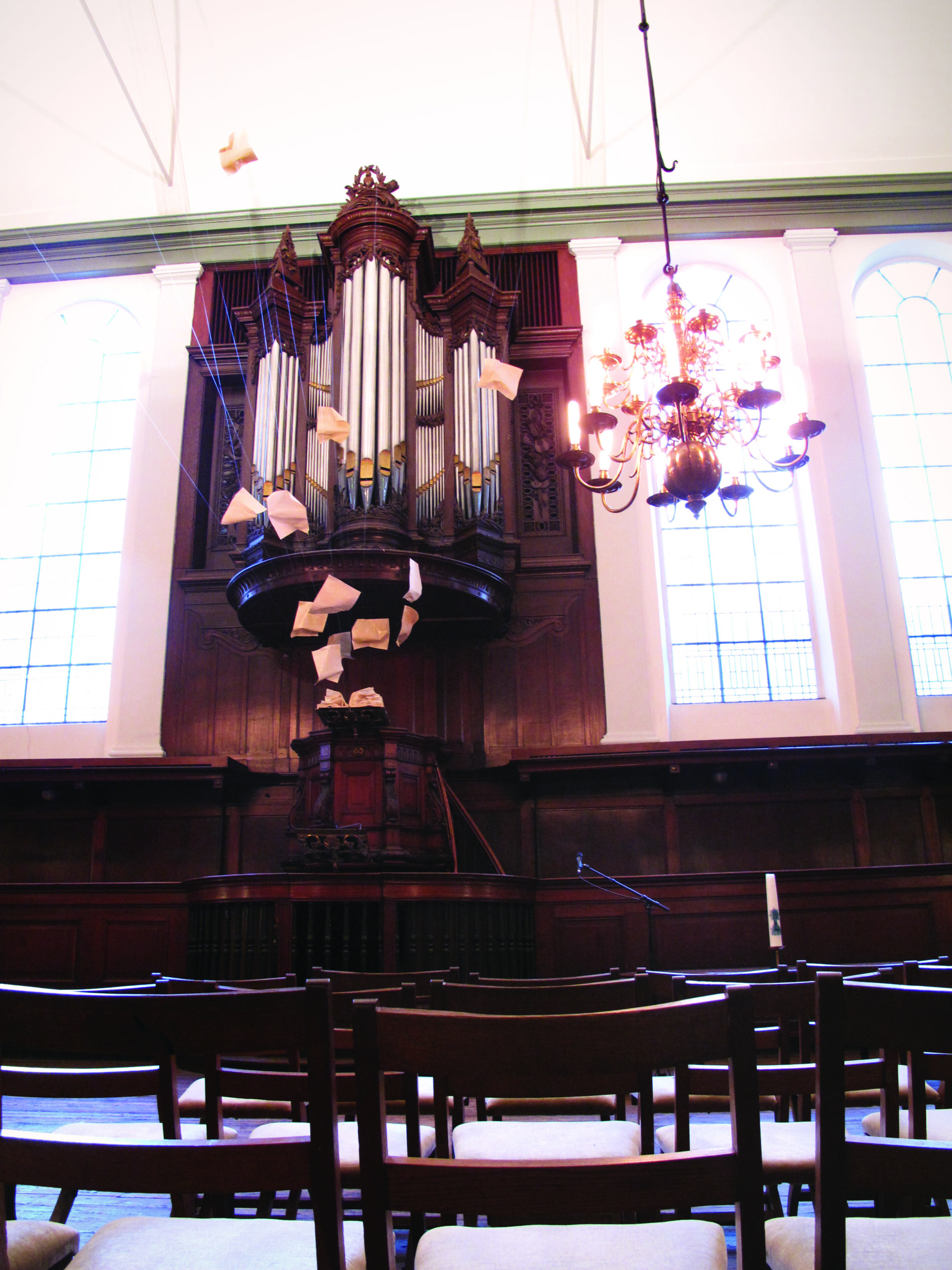Like the chambers of a heart, the four MWC commissions serve the global community of Anabaptist-related churches, in the areas of deacons, faith and life, peace, mission. Commissions prepare materials for consideration by the General Council, give guidance and propose resources to member churches, and facilitate MWC-related networks or fellowships working together on matters of common interest and focus. In the following, one of the commissions shares a message from their ministry focus.
Renewal 2027 is a 10-year series of events launched by Mennonite World Conference (MWC) to mark the 500th anniversary of the beginnings of the Anabaptist movement.
“Transformed by the Word: Reading Scripture in Anabaptist Perspectives” (the inaugural event in Augsburg, Germany, 12 February 2017) fits well within the mandate of the MWC Faith and Life Commission to help member churches “understand and describe Anabaptist-Mennonite faith and practice.”
In the midst of the many Reformation commemoration celebrations, especially in Europe, it’s important to remember that the Anabaptists also emerged within the context of the Reformation and were decisively shaped by its rediscovery of the Bible as an authority for Christian faith and life.
Shortly before the first adult baptisms in January 1525, a member of the Bible study group that formed the core of the emerging Anabaptist movement illustrated this clearly:
“However, after we too had taken up the Bible and studied all the possible points, we have been better informed.”
The letter went on to describe how they came to a deeper understanding of Scripture.
Five central themes – visible in the quote above – distinguished their shift from walking alongside the Reformers to a posture of opposition:
- Scripture is the key point of departure for the renewal brought about by the Reformation.
- It is crucial to learn not only second-hand, but to read Scripture for yourself.
- The Bible study group read with an expectant attitude. They “studied all the possible points,” posed questions about the text and received answers.
- They reoriented themselves around these new insights. In this way, they were “better informed” in regard to the teachings of the Catholic church, but also in regards to Zwingli and the other Reformers.
To be “better informed.” At first glance, that statement sounds very positive. But it also carries some pain. It suggests that one has indeed been mistaken; it includes a readiness to let go of older, cherished understandings. This is often not easy.
The key question at stake here is: do we allow the biblical word (and the God who desires to speak to us) to scrutinize our convictions so that we allow ourselves “to be better informed”? Or does the admonition to “test all things and hold on to what is good” (1 Thessalonians 5:21) only apply to other people?
Up to this point, all the themes could be regarded as Protestant principles. But the fifth point is the most distinct Anabaptist principle:
- The “we” in the quote is crucial: not only does Bible study happen in community; but new understandings of Scripture are also reached collectively.
No one is forced to be part of an Anabaptist congregation – faith and membership are always voluntary. No single person has all the understanding or all of the gifts; but everyone has something. Therefore, it is crucial that we create frameworks for Bible study in which everyone can contribute to a better understanding of the biblical text: old and young, men and women, academics and labourers. Precisely for this reason the “we” in our text is so important!
But several dangers are already evident in this same quote.
To allow ourselves to be “better informed” sounds nice, but who can protect us from endless efforts to prove the superiority of one understanding or from the notorious church divisions that have occurred so frequently in Anabaptist history? How can we ensure that space remains for the recognition that all of our knowledge is partial and in need of additional insights? And how do we ensure that the “struggle for the truth” does not come at the cost of a “struggle for unity”?
If “renewal of faith and life” and “transformation through the Word” are going to happen within the context of Mennonite World Conference, then it will be essential for it to happen in the form of members from north and south, east and west, walking together alongside each other as “we.”
Hanspeter Jecker is a member of the MWC Faith & Life Commission and a professor of historical theology and ethics at Theological Seminary Bienenberg in Switzerland.
